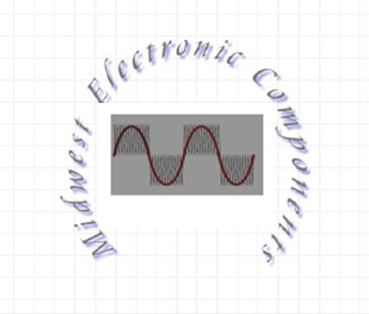Welcome to GRAPES
The goal of the Research Center on GRid-connected Advanced Power Electronic Systems (GRAPES) is to accelerate the adoption and insertion of power electronics into the electric grid, in order to improve system stability, flexibility, controllability, robustness, and economy.
GRAPES is partially funded by the Industry/University Cooperative Research Center program of the National Science Foundation, while industry members fund the bulk of our research. Our work with industry focuses on improving power electronics technology and integrating it with the needs of industry and of the power grid as a whole.
Become a Part of the Stable Power Grid Solution
The stronger our network of allies, the more successfully we protect our energy delivery systems and infrastructure. Whether you are a student, industry leader, or concerned business owner, your support or involvement can help awareness and research to keep the power grid safe, stable, and economical.
Become a Student
Interested in being on the forefront of smart power grid research, with access to expert faculty and industry mentors?
Become a Member
Our industry members receive access to our facilities, faculty, and research, as well as opportunities to directly influence the path of our research.
Preview Our Research
Our teams conduct research and develop innovative tools and technologies for advanced power electronic systems and the “smart” grid.
Latest News
GRAPES Research Published in 2016 NSF I/UCRC Tech Breakthrough Compendium
GRAPES research project, Power Module Layout Synthesis (PowerSynth) was selected to be published in the 2016 National Science Foundation (NSF) Industry & University Cooperative research Center (I/UCRC) Tech Breakthrough Compendium. The compendium catalogues...
GRAPES Hosts Spring 2016 Industrial Advisory Board Meeting
The NSF Center for GRid-connected Advanced Power Electronic Systems (GRAPES) in the Department of Electrical Engineering hosted its Spring 2016 Industrial Advisory Board meeting on May 23-25 in Columbia, South Carolina. Read more...
GRAPES Student, Atanu Dutta, Receives Award
Atanu Dutta tied for second place for the presentation of his paper, “Design of a Low Inductance Power Module Based on Low Temperature Co-fired Ceramic.” Dutta’s paper came out of the work he has been performing for his dissertation research under the supervision of Simon Ang, professor of electrical engineering and director of the U of A’s High Density Electronic Center (HiDEC).
College of Engineering Celebrates Outstanding Faculty
On Wednesday, April 28, the College of Engineering held its annual faculty awards reception at University House. Five awards were given at the event.























